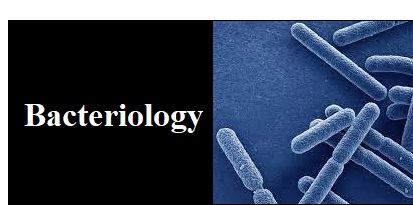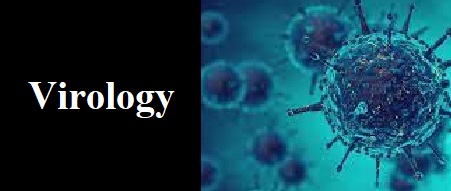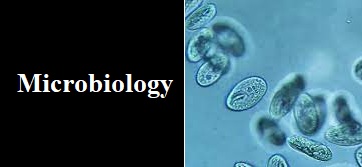Management > International Business Management > Introduction to International Business > Need of Study of International Business List of Sub-Topics: In today’s world, businesses, economies, and even cultures are deeply interconnected due to globalization. Companies of all sizes—from small startups to large multinational corporations—now have opportunities to reach global markets, partner with international organizations, and […]
Author: Hemant More
Social media refers to online platforms and technologies that enable users to create, share, and engage with content and information through virtual communities or networks. These platforms allow individuals, businesses, and organizations to connect with one another, communicate, and interact in real-time, often across vast distances. Social media combines features of content creation, communication, and […]
Social media refers to online platforms and technologies that enable users to create, share, and engage with content and information through virtual communities or networks. These platforms allow individuals, businesses, and organizations to connect with one another, communicate, and interact in real-time, often across vast distances. Social media combines features of content creation, communication, and […]
Social media refers to online platforms and technologies that enable users to create, share, and engage with content and information through virtual communities or networks. These platforms allow individuals, businesses, and organizations to connect with one another, communicate, and interact in real-time, often across vast distances. Social media combines features of content creation, communication, and […]
Introduction to Social Media
Social media refers to online platforms and technologies that enable users to create, share, and engage with content and information through virtual communities or networks. These platforms allow individuals, businesses, and organizations to connect with one another, communicate, and interact in real-time, often across vast distances. Social media combines features of content creation, communication, and […]
Bacteriology

Science > Biology > Branches of Biology > Zoology > Bacteriology Bacteriology is a branch of microbiology that focuses on the study of bacteria, which are single-celled microorganisms that belong to the domain Bacteria. Bacteria are diverse and ubiquitous, inhabiting virtually every environment on Earth, including soil, water, air, and living organisms. Bacteriology encompasses various […]

Science > Biology > Branches of Biology > Zoology > VIROLOGY Virology is the branch of microbiology that focuses on the study of viruses and viral diseases. Viruses are infectious agents that consist of genetic material (either DNA or RNA) enclosed in a protein coat called a capsid. They lack cellular structure and can only […]
Microbiology

Science > Biology > Branches of Biology > Zoology > Microbiology Microbiology is the scientific study of microorganisms, which are microscopic organisms too small to be seen with the naked eye. These organisms include bacteria, viruses, fungi, algae, and protozoa. Microbiologists investigate various aspects of these microorganisms, including their structure, physiology, genetics, ecology, and interactions […]
Embryology

Science > Biology > Branches of Biology > Zoology > Embryology Embryology is a branch of biology that focuses on the study of embryos and their development from fertilization to the point of birth or hatching. It encompasses the processes by which a single fertilized egg (zygote) develops into a multicellular organism with specialized tissues […]
Developmental Biology

Science > Biology > Branches of Biology > Zoology > Developmental Biology Developmental biology is a scientific discipline that focuses on understanding the processes by which organisms grow and develop from a single cell into complex multicellular structures. It explores the intricate series of events that occur from fertilization through adulthood, encompassing the formation of […]